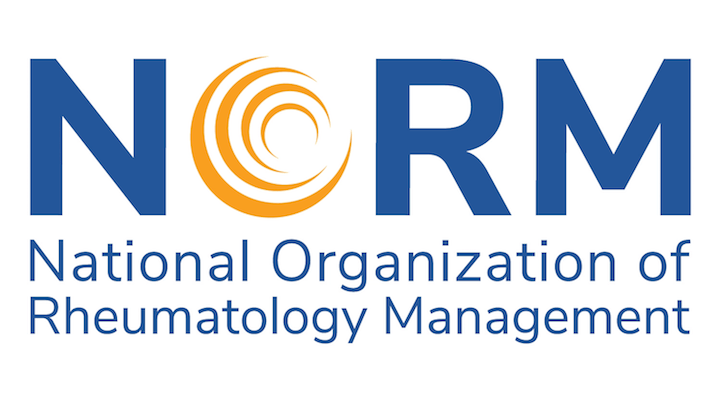Unveiling the G2211 Code: Insights for Rheumatology Practices
In the ever-evolving landscape of healthcare, staying informed about specific codes and regulations is paramount, especially for those involved in rheumatology practice management. The G2211 code has recently taken center stage, significantly impacting practice managers, patients, and private practices in the rheumatology field.
For rheumatology practice managers, navigating through coding changes is part of the job, and with patients being the heart of every medical practice, the G2211 code has direct implications for individuals seeking rheumatological care. Understanding how this code influences patient experience is vital for delivering high-quality healthcare.
Understanding the G2211 Code
For an in-depth overview of the G2211 code, please review the resource from the National Advisory Board on Medical Specialty Coding (NAMAS) and the resource from the American College of Rheumatology (ACR).
CMS has also posted a new MLN Matters article on the new complexity add-on code, G2211. You can access it here.
NORM Board Member, Stacy Yonker had this to say regarding the change,
“The use of add-on code G2211 will be integral in ensuring our providers are appropriately compensated for the complex patients they see. Continued reimbursement cuts have made managing the practice finances more challenging each year. Utilizing G2211 will allow for increased reimbursement to reflect the time, resources, and complexities of our rheumatic patients. As rheumatology begins to use this code, I will be looking to ensure that it is integrated into our practice effectively, and compliantly, so that my providers can receive the payments they deserve and that have been long overdue!”
Her experience offers a unique insight into how the G2211 code affects real people within the rheumatology community.
Looking Ahead
Stay tuned for our upcoming newsletter, "News on Rheumatology Matters," where we will provide regular updates on the G2211 code and other critical topics. Be part of the conversation and ensure you stay informed about the matters that shape the future of rheumatological care.
